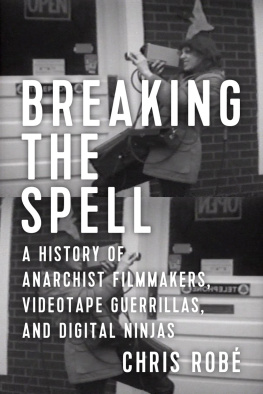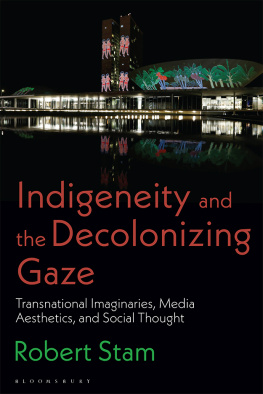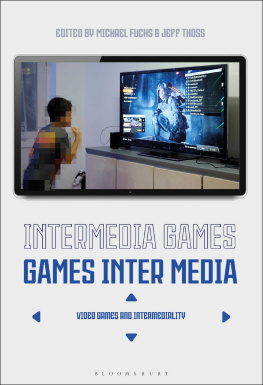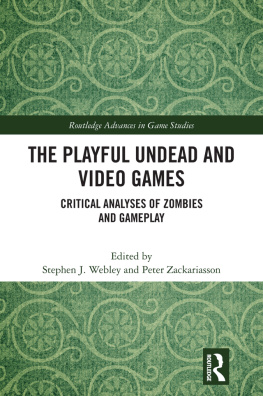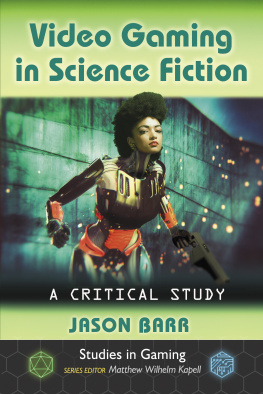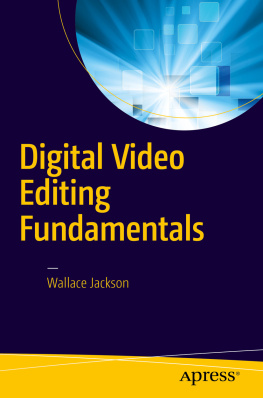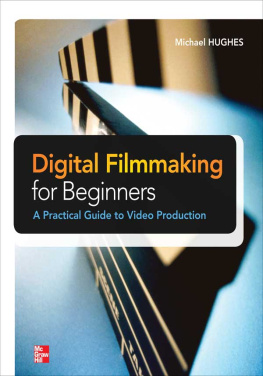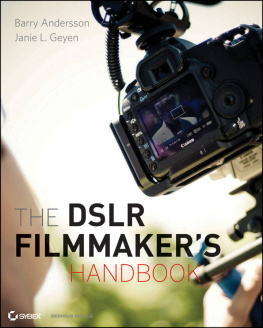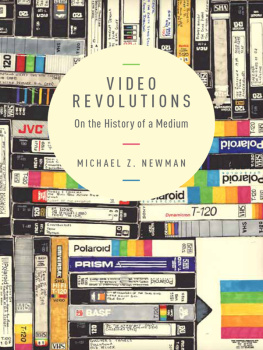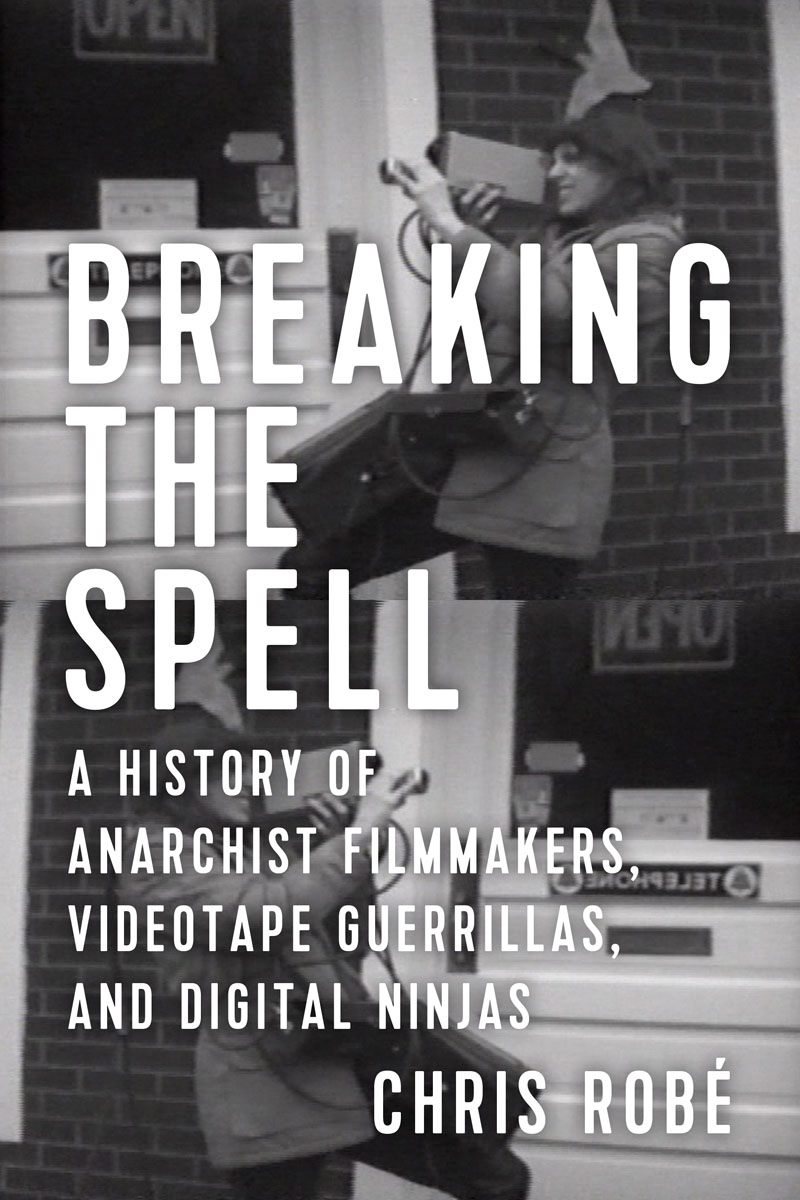
Praise for Breaking the Spell
Christopher Robs meticulously researched Breaking the Spell traces the roots of contemporary, anarchist-inflected video and Internet activism and clearly demonstrates the affinities between the anti-authoritarian ethos and aesthetic of collectives from the 60s and 70ssuch as Newsreel and the Videofreexand their contemporary descendants. Robs nuanced perspective enables him to both celebrate and critique anarchist forays into guerrilla media. Breaking the Spell is an invaluable guide to the contemporary anarchist media landscape that will prove useful for activists as well as scholars.
Richard Porton, author of Film and the Anarchist Imagination
Breaking the Spell is a highly readable history of U.S. activism against neoliberal capitalism from the perspective of Anarchist Filmmakers, Videotape Guerrillas, and Digital Ninjas, the subtitle of the book. Based on ninety interviews, careful readings of hundreds of videos, and his own participant observation, Rob links the development of better-known video makers such as Videofreex, Paper Tiger Television, ACT UP and Indymedia with activist media makers among key protest movements, such as the League of Revolutionary Black Workers in Detroit, Oregons Cascadia Forest Defenders, the day workers of Voces Mobiles/Mobile Voices in Los Angeles, and the indigenous youth in Outta Your Backpack Media. Underscored by significant tensions of class, race/ethnicity, and gender among the groups and the videos discussed, Rob traces the continuing concerns with radical horizontalism in the making of media and of collective organizing against the state and capitalist institutions. Drawing on autonomist Marxist theory, the profiles clearly demonstrate how media-making has become integral to all forms of anti-capitalist mobilizing, as well as to the formation of new collective subjectivities and cultures.
Dorothy Kidd, professor and chair, Department of Media Studies, University of San Francisco
Christopher Robs Breaking the Spell takes off where John Downings Radical Media leaves us: continuing a history of North American movement-based media to include todays internet, memes, and other forms of radically accessible digital media. In the process, he fills in many critical blanks through a unique method that incorporates ethnographic research with activist media makers, generous close readings of a range of videos, a writers fine words detailing history, and a political theorists command of anarchist and anarchist-inflected movements since the 1960s. Ever attentive to the contradictions within Left organizations, particularly those built within the network logics of neoliberalism, Rob carefully details both the repetitive exclusions of women, people of color, queers, working people, and people of the global South from many of these otherwise worthy activist traditions, while as carefully pointing to movement-inspired solutions. He demonstrates how messy media activism creates powerful video work where process rules over product, where subjectivity and collectivity are nurtured and developed, and where production and reception are themselves a form of prefigurative politics where video does not merely represent but is activism. A great read for scholars, activists, and media makers alike, Breaking the Spell attends closely to the hard questions of media activism: the role of violence, aesthetics, media literacy, and access within social justice movements and their media.
Alexandra Juhasz, media activist and author of AIDS TV: Identity, Community, and Alternative Video
Breaking the Spell: A History of Anarchist Filmmakers, Videotape Guerrillas, and Digital Ninjas
Chris Rob
ISBN: 978-1-62963-233-9
Library of Congress Control Number: 2016948158
Chris Rob
This edition copyright 2017 PM Press
All Rights Reserved
Cover by John Yates/stealworks.com
Layout by Jonathan Rowland
PM Press
PO Box 23912
Oakland, CA 94623
www.pmpress.org
10 9 8 7 6 5 4 3 2 1
Printed by the Employee Owners of Thomson-Shore in Dexter, Michigan.
www.thomsonshore.com
Contents
Dedicated to:
Dana and Nora, who made this book possible in more ways than they will ever know
and
Alex D., who left this world all too soon but whose influence lives on in all of those he befriended and taught
A CKNOWLEDGMENTS
As with any book, the production of this work was a collective endeavor. First of all, I would like to thank all of the activists who gave their time to speak with me to share their knowledge concerning the work they and others do and the world that they envision: Franklin Lpez, Dawn Paley, Brandon Jourdan, Randy Rowland, Jeff Keating, Dru Oja Jay, Evan Henshaw-Plath, Steev Hise, Jason Jones, Beka Economopoulos, Tim Lewis, Patrick Reinsborough, Vlad Teichberg, Bryan Mercer, Rebekah Scotland, Shivaani Selvaraj, Tim Ream, Melissa Hill, Dan Feidt, Ronald Blount, Thomas Robinson, Scott Beiben, Lizzie Cole, Eric Galatas, Jay Sand, Kyle Harris, Rachel Rinaldo, Christopher Mitchell, Klee Benally, Liz Canner, BHT Brian Bailitz, Robert Wyrod, Andrew Lynn, Elizabeth Press, DeeDee Halleck, Flux Rostrum, Hilary Bain Lindsay, Megan Cotton-Kinch, Justin Saunders, Steve Pierce, Amanda Garcia, Tracy Glynn, Enid Godtree, Carla Bergman, Carlos Pareja, Belinda Rawlins, Antoine Haywood, Chris Burnett, Sascha Meinrath, Sasha Costanza-Chock, Kurt Jensen, Jeff Taylor, Kari Johnson, Chemo, Jim Flynn, Tim Groves, John Slade, Adriene Jenik, Rob Robinson, Dan Marcus, Jean Rice, Joseph Midgley, Sam Miller, Ann Dorsey, Josh Laughlin, Sue Salinger, Lauren Beaton, Jon Stout, Lauren Regan, John Zerzan, Robert West, Judith Helfand, Josh Wolf, Leeanne Siart, Randy Shadowwalker, Sean OSiochru, Peter Gessner, Stewart Bird, Ren Lichtman, Luke Tripp, Cindy Noblitt, Dan Georgakas, Mike Hamlin, Peter Werbe, and Nick Medvecky. To all the others who spoke with me anonymously during fleeting moments while engaged in protest actions, in between panel sessions, or the like, your insights were equally invaluable. I would also like to thank all those at PM Press who supported this project and other radical endeavors.
Various archives played important roles in writing this book. I want to thank: Philip Heslip at the New York Public Library; Bruce Tabb at the University of Oregon Special Collections; Tom Colley at Video Data Bank, Chicago; and Brent W. Philips, Lisa Darms, and Laura Newsome at the Fales Collection, New York University. Also, I would like to give a shout out to the librarians at Florida Atlantic University who work in the Interlibrary Loan Department and had to deal with my seemingly endless requests.
Many comrades in arms helped me talk through my ideas and read various drafts of the manuscripts. John F. Lennon, who I have known since graduate school, discussed the book on many a hike and in many barrooms across the United States. Chuck Kleinhans read drafts from many of the books sections, offering his surly yet invaluable comments. Alexandra Juhasz generously copied the videos she made in Manhattan during the 1990s while offering kind words of encouragement. Todd Wolfson and Peter Funke have been vital writing partners and helped me conceptualize the material concerning Media Mobilizing Project in our coauthored pieces. Stephen Charbonneau, a valuable colleague, friend, and musical partner, was engaged in a project parallel to my own that allowed us to thoroughly explore our related approaches and research/writing difficulties. Gerald Sim, another colleague and friend, is a font of Marxist theory whose presence always improves ones intellectual rigor. Alex Doty, whose sudden death stunned many of us, provided much encouragement during this research and throughout my academic career. It is fitting that my final memory of Alex is of him regaling me over drinks with his involvement in ACT UP during our final conference together. Dan Marcus, Angela Aguayo, and Steve Macek continue to advance understandings of media activism at the various academic conferences they attend and helped me conceptualize the book through informal discussions.
Next page
